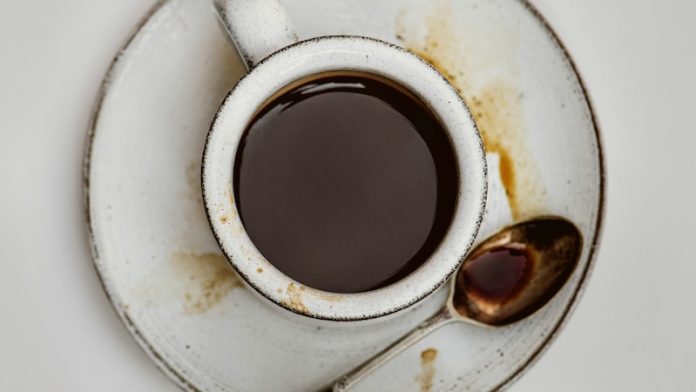
If you’re sipping your morning coffee for the energy boost, there might be an added bonus: longer life—if you drink it the right way.
A new study from the Friedman School of Nutrition Science and Policy at Tufts University found that drinking black coffee or coffee with very little added sugar and fat is associated with a lower risk of death from all causes, especially from heart disease.
The study, published in The Journal of Nutrition, looked at data from over 46,000 adults in the U.S. collected between 1999 and 2018. Participants had reported their coffee habits as part of a national health survey (NHANES), and researchers then tracked deaths among the group using national death records.
They found that drinking 1–2 cups of caffeinated coffee per day was linked to a 14% lower risk of dying from any cause, compared to not drinking coffee at all. Those who drank 2–3 cups a day saw a slightly higher benefit of 17% lower risk.
But not all coffee is created equal. The benefits were seen only in those who drank black coffee or coffee with low amounts of added sugar (less than 2.5 grams per cup, or about half a teaspoon) and saturated fat (such as cream or half-and-half). When people added higher amounts of sugar and fat to their coffee, the positive effects on mortality disappeared.
“Coffee is one of the most commonly consumed beverages in the world, and with so many people drinking it daily, it’s important to understand how it might affect long-term health,” said Dr. Fang Fang Zhang, senior author of the study. “While coffee itself contains compounds that may support health, adding too much sugar or saturated fat can cancel out the potential benefits.”
To be specific, the researchers used standard nutrition guidelines to define what “low” meant: 2.5 grams or less of added sugar and 1 gram or less of saturated fat per 8-ounce cup. That’s about the amount in 5 tablespoons of 2% milk, 1 tablespoon of light cream, or 1 tablespoon of half-and-half.
Interestingly, the study did not find a link between coffee and lower risk of dying from cancer. Also, people who drank more than three cups a day did not get additional benefits—and the connection between coffee and heart health even weakened with high intake.
The research stands out because it was one of the first large-scale studies to break down coffee consumption not just by how much people drank, but also by how they drank it.
Bingjie Zhou, the study’s first author and a recent PhD graduate from Tufts, said, “Few studies have looked closely at how the sugar and cream people add to coffee might influence its health effects, and our work adds that missing piece.”
Still, the researchers noted some limitations. People self-reported what they ate and drank, which means the results could be affected by memory errors or day-to-day changes in diet. And because most participants drank caffeinated coffee, there wasn’t enough data to say much about decaf.
So what’s the takeaway? If you enjoy coffee, you might be doing your health a favor—especially if you drink it black or nearly black. But if you load your cup with sugar and cream, you could be losing the health perks that coffee might offer. As always, moderation and mindful additions matter.
The study was funded by the National Institutes of Health’s National Institute on Minority Health and Health Disparities, and its full methods and findings are available in the original publication.
If you care about nutrition, please read studies about how Mediterranean diet could protect your brain health, and this plant nutrient could help reduce high blood pressure.
For more information about nutrition, please see recent studies that olive oil may help you live longer, and vitamin D could help lower the risk of autoimmune diseases.
The research findings can be found in The Journal of Nutrition.
Copyright © 2025 Knowridge Science Report. All rights reserved.



